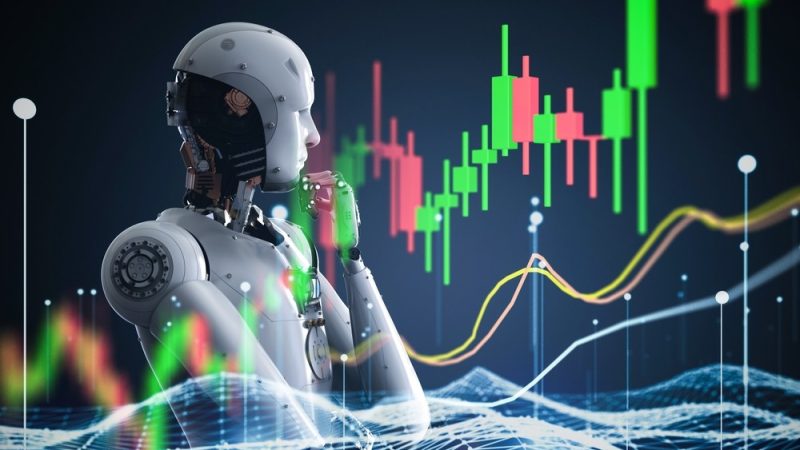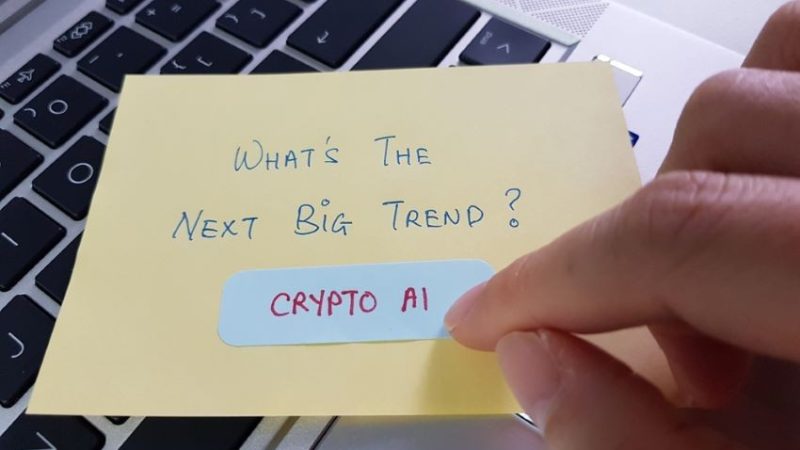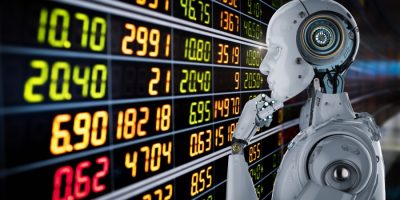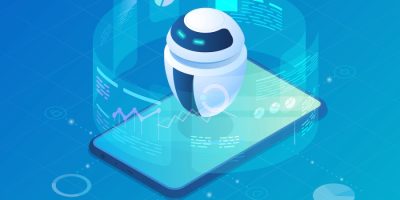
5 Use Cases Of Blockchain and AI
As these technologies continue to evolve and mature, it is likely that we will see even more exciting and transformative use cases emerge in the years to come.
The value generated by blockchain business will reach $176 billion by 2025 and more than $3 trillion in 2030 according to Gatner, while AI is expected to create $391 billion in business value by 2025.
The union of artificial intelligence and blockchain is still in its initial stages, but it is anticipated that the combination of these two technologies will accelerate and become widely accepted in numerous industries, including finance, supply chain management, telecommunications, healthcare, and insurance.
What are the most common use cases of AI in blockchain?
Blockchain and Artificial Intelligence (AI) are two of the most transformative technologies of the 21st century.
The combination of blockchain’s decentralized architecture and AI’s sophisticated algorithms has the potential to revolutionize a wide range of industries and applications. In this article we have listed 5 use cases of blockchain and AI that demonstrate the potential of this technology pairing.
Supply Chain Management:
One of the most promising applications of blockchain and AI is in the field of supply chain management. Blockchain can provide an immutable and transparent record of the entire supply chain process, while AI algorithms can analyze vast amounts of data to help companies optimize their operations. The combination of these technologies can be used to improve supply chain efficiency, reduce the risk of fraud, and increase the speed of transactions.
Healthcare:
Another area where blockchain and AI can make a significant impact is in the healthcare industry. Blockchain can be used to securely store and share medical data, while AI algorithms can help healthcare providers make better-informed decisions.
For example, AI algorithms can be used to analyze vast amounts of medical data to identify patterns and predict health outcomes, while blockchain can ensure that the data is secure and only accessible by authorized individuals.
Fraud Detection and Prevention:

Blockchain and AI can be used to detect and prevent fraud in a variety of industries, including finance, insurance, and retail. AI algorithms can be used to analyze large amounts of data to identify patterns and anomalies that may indicate fraudulent activity, while blockchain can ensure that the data used for analysis is secure and tamper-proof.
Cybersecurity:
Blockchain and AI can also be used to improve cybersecurity by providing new layers of security for sensitive data. Blockchain can provide a decentralized, secure ledger for data, while AI algorithms can be used to detect and prevent cyber attacks in real-time.
Additionally, AI algorithms can be used to continuously monitor systems for vulnerabilities, helping to ensure that networks are secure and protected against potential attacks.
Gaming:
The combination of blockchain and AI can also be applied to the gaming industry to create new, decentralized gaming platforms. These platforms can use blockchain to securely manage game items and in-game currencies, while AI algorithms can be used to create sophisticated, interactive gaming experiences.
For example, AI can be used to create realistic, immersive virtual environments, while blockchain can ensure that players have full ownership and control over their in-game items and currencies.
Stronger Together
In conclusion, the combination of blockchain and AI has the potential to revolutionize a wide range of industries and applications.
Gartner claims that blockchain technology will produce a business value of $176 billion by 2025 and a whopping $3.1 trillion by 2030. Additionally, Grand View Research forecasts a business value of $391 billion to be created by AI by 2025 and $1,811.75 billion by 2030.
From supply chain management and healthcare, to fraud detection and prevention and cybersecurity, these technologies offer a wealth of opportunities for innovation and growth.
















